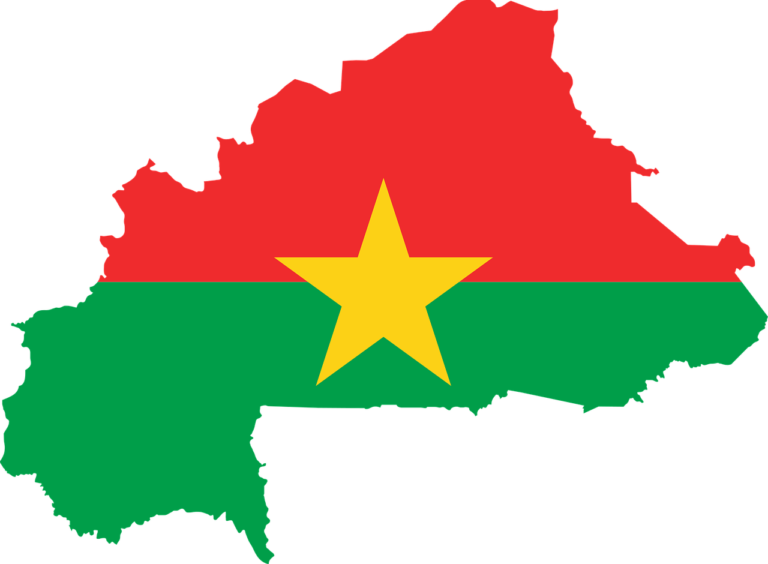Relevance of the first Pan-African women’s conference in Ghana 1960

Pan-Africanism has brought together continental Africans and Black Diasporans several times. Pan-Africanism represents the relationship between Blacks on the African continent and Blacks in the Diaspora who reside primarily in North America, South America and the Caribbean. Many people in Africa will recall Kwame Nkrumah’s efforts towards uniting all African nations, a mission he addressed over and over again, both as president in Ghana and as co-president in Guinea after he was overthrown. Nkrumah was, in fact, the driving force behind Pan-Africanism.
In 1960, barely three years after the Gold Coast became independent and renamed Ghana, Accra hosted one of the most iconic events in the life of Black women in the world – the Conference of Women of Africa and African Descent (CWAAD) in July 1960. Held at the University College of Ghana, today’s University of Ghana, Legon, the conference was a high point in transnational solidarity efforts among Black women who then attempted to lay out the terms, implications, and importance of their transnational relationships. This conference highlighted two important global movements or phenomena: Pan-Africanism and Feminism, or Pan-African Feminism and Black Feminism which have come to represent Womanism, a literary trend or movement founded by Alice Walker, and which captures the realities of African and African American Women. Walker, and many others, find these to be different from mainstream feminism, which represents the conditions of White women.
This first conference was of vital importance since it demonstrated Nkrumah’s foresight in taking the first step. The Accra 1960 CWAAD came about well before the establishment International Women’s Day, the concept of which had its genesis in the 1910 International Conference of Working Women conceived by the German communist activist and advocate of women’s rights, Clara Zetkin, in Copenhagen. It took more than 60 years for the UN to approve International Women’s Day, in 1975, as a holiday celebrated on 8 March. The Accra event is, therefore, older than the current international one and the goals of the former were more specific and fit extremely well into the then prevailing context of anticolonial struggles across the world. It was also “the golden age of Black nationalism”, the Civil Rights Movement and of Third-Worldism; Gamal Abdel Nasser of Egypt, Ahmed Sukarno of Indonesia and Jawaharlal Nehru of India were the leaders and brains behind the last one. The pointed and focused nature of the 1960 Accra women’s conference is captured in these three points: (a) to promote leadership and citizenship among women of Africa and African descent; (b) to provide the opportunity to discuss their common problems and how best these could be solved; and (c) to promote friendship among women of Africa and African descent. It, therefore, celebrated women’s contribution to the liberation struggles, and also created a platform to reflect on the role of Black women in a free socialist and united Africa that has a harmonious relationship with the Black Diaspora. The revolutionary role of women was stressed, and the link between the total liberation of Africa and the complete emancipation of African women was voiced. One could consider last point to be prophetic, if we try to answer the question whether the total liberation of Africa has been achieved. I am of the view that it has not been achieved yet.
The Ghana Organization of Women already existed, with strong members like Hannah Cudjoe, a prominent activist for Ghanaian independence in the 1940s and 50s and propaganda secretary of the Convention People’s Party (CPP), Nkrumah’s party. Cudjoe and the Ghana Women’s Organization were the main architects of that first women’s diasporic conference. Other prominent Ghanaian women with a political inclination at that time were Dr Evelyn Amarteifio, Letitia Quaye, Miss Sophia Doku, Grace Ayensu and several others. Many of them were MPs, a decision which reflects the pivotal role that Kwame Nkrumah assigned to women in the sociopolitical life of every society in general and Ghana in particular. The conference clearly demonstrated both a political agenda and a gender-related one. Nkrumah’s opening speech reflected the non-aligned neutrality in the Cold War with Ghanaian leadership of Pan-Africanism, and the fact that men, alone, cannot eliminate the artificial boundaries which separate brother from brother and sister from sister on the continent and between the continent and the Americas and the Caribbean. The American delegation included prominent personalities and civil rights activists such as Shirley Graham DuBois, Dorothy Ferebee, Anna Arnold Hedgeman and Pauli Murray. Several years later, other organizations emerged to defend women’s rights like the Pan-African Women’s Organization (PAWO) which is also the Specialized Agency of the African Union (AU) dedicated to gender equality and women’s empowerment; PAWO is celebrated on 31 July every year. The African Renaissance and Diaspora Network (ARDN) is a more recent organization concerned among others with issues confronting Black women on the continent and in the diaspora. Ghana and Nkrumah, once again, assert their position as the pioneer of an all-inclusive and gender-conscious Pan-Africanism.
Moussa Traoré is Associate Professor at the Department of English of the University of Cape Coast, Ghana.





